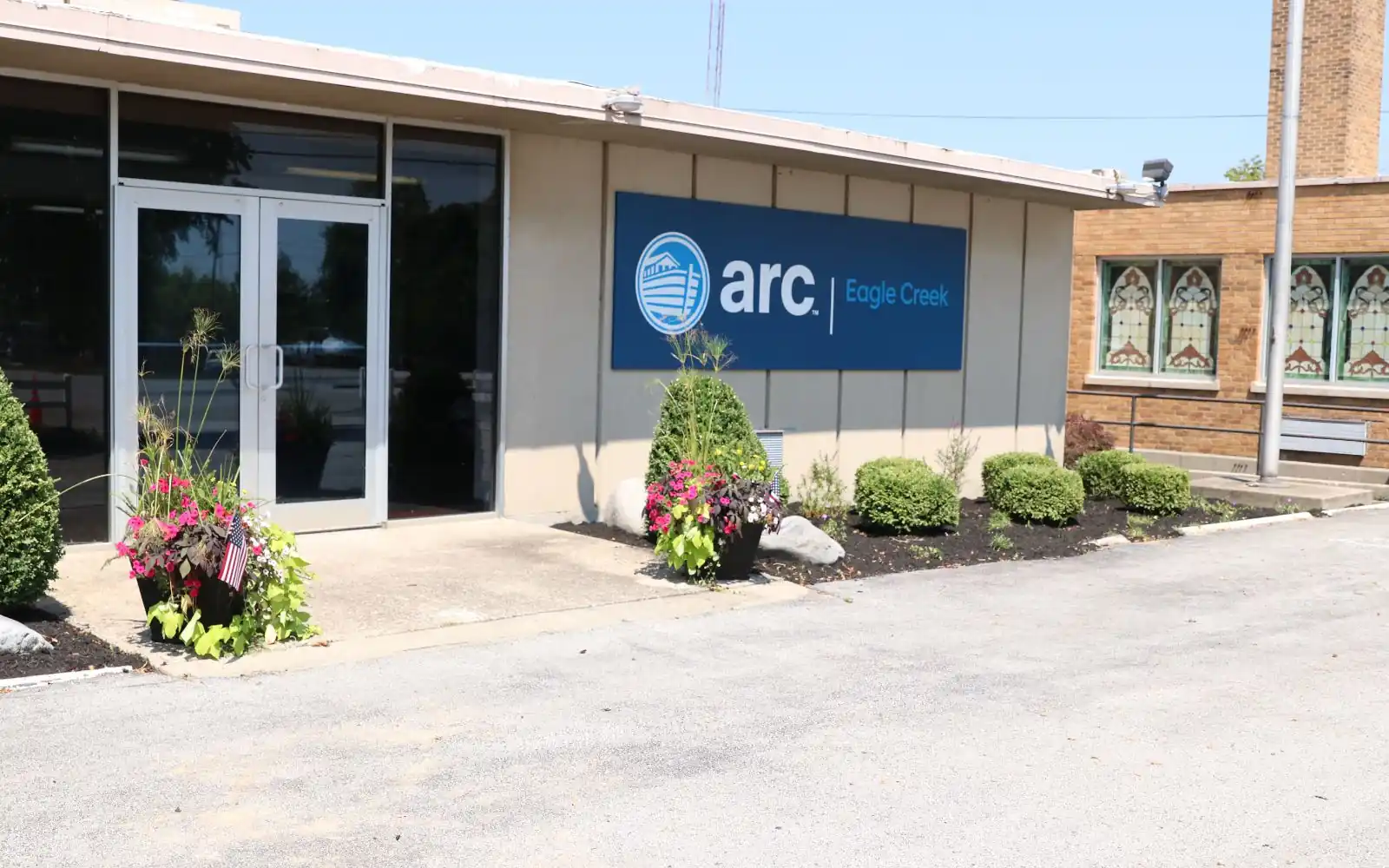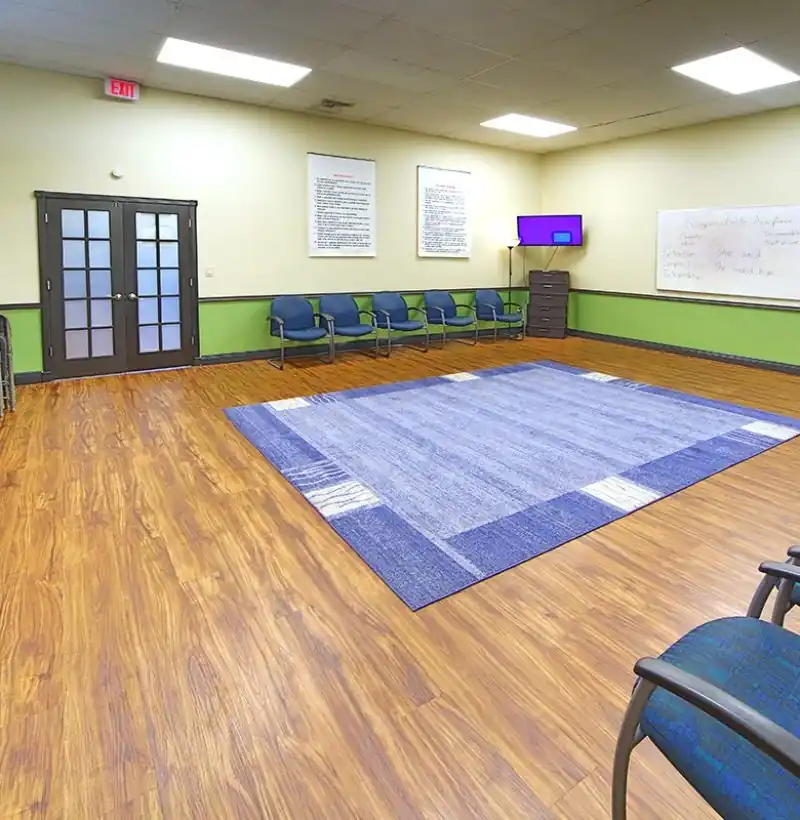
Mindfulness, Meditation, and Breathwork
Reconnecting Mind and Body Through Presence and Stillness
Mindfulness-based practices are powerful tools for individuals in recovery. By learning to stay grounded in the present moment, people can better manage cravings, emotional triggers, and the anxiety that often accompanies early sobriety.
Meditation cultivates inner peace, sharpens awareness, and builds emotional resilience. Breathwork activates the body’s calming response, offering immediate relief during moments of stress or overwhelm. These practices not only reduce reactivity and promote clarity, they also foster a deeper connection to self.

Yoga
Reconnecting Body and Mind Through Movement and Mindfulness
Yoga is more than just stretching, it’s a healing practice that unites physical movement, breath control, and mindfulness. For individuals in recovery, yoga offers a gentle, empowering way to relieve stress, reduce anxiety, and build emotional resilience.
In a safe and non-judgmental space, yoga helps reconnect people with their bodies, fostering a sense of self-awareness, compassion, and inner peace. It supports nervous system regulation, encourages present-moment awareness, and offers a grounding ritual that enhances both emotional stability and physical strength.

Physical Fitness
Movement That Heals the Body and Mind
Regular physical activity is a powerful tool in the recovery journey. Beyond improving overall health, exercise releases endorphins that boost mood, reduce anxiety, and relieve stress, common emotional challenges in early sobriety.
Whether it’s walking, strength training, yoga, or group fitness, consistent movement builds structure, enhances self-discipline, and fosters a sense of accomplishment. Incorporating physical fitness into daily life strengthens emotional resilience and creates healthy routines that support long-term recovery.

Nutrition and Healthy Eating
Fueling the Body and Mind for Sustainable Recovery
Addiction can take a serious toll on the body, often leading to nutrient deficiencies and disrupted digestion. Restoring health begins with balanced, nourishing meals that support both physical healing and emotional stability.
A nutrient-rich diet helps regulate mood, improve brain function, stabilize energy levels, and reduce cravings. Hydration, whole foods, and consistent eating habits form the foundation for a stronger, more resilient recovery journey.

Outdoor Activities and Nature Connection
Healing Through Nature and Movement
Nature has a powerful ability to soothe the mind, restore clarity, and support emotional healing. Outdoor activities like hiking, walking, gardening, or simply being in fresh air can reduce stress, regulate the nervous system, and create space for inner reflection.
Reconnecting with the natural world fosters mindfulness, peace, and a renewed sense of purpose, vital elements in long-term recovery. Embracing nature encourages movement, presence, and emotional grounding throughout the healing journey.

Relationships and Social Wellness
Rebuilding Trust and Strengthening Connection in Recovery
Addiction often damages relationships and leads to disconnection from loved ones. Recovery offers a chance to rebuild these bonds and foster meaningful new connections that support sobriety. Social wellness focuses on developing healthy communication, setting clear boundaries, and creating relationships rooted in trust and respect.
A strong support system not only reduces the risk of relapse but also provides encouragement, accountability, and a deeper sense of belonging, key pillars of long-term healing.

Spirituality and Religion
Finding Meaning, Purpose, and Peace in Recovery
Spirituality can be a powerful anchor during the recovery process, offering comfort, hope, and a renewed sense of direction. Whether through organized religion, personal reflection, or a broader connection to something greater, spiritual practices help fill the emotional void left by addiction.
Prayer, meditation, and inner exploration provide space for healing, clarity, and purpose. For many, spirituality fosters a sense of belonging, forgiveness, and strength that supports lasting recovery.

A Holistic Path Forward
Integrating Mind, Body, and Spirit for Lasting Recovery
Wellness in recovery isn’t a finish line, it’s a way of living with purpose, presence, and care. Embracing a holistic path means tending to every aspect of life: emotional resilience, physical vitality, spiritual grounding, and meaningful relationships.
When these areas are supported together, individuals not only maintain sobriety, they thrive. This approach helps build a life filled with clarity, confidence, and connection, one day at a time.







